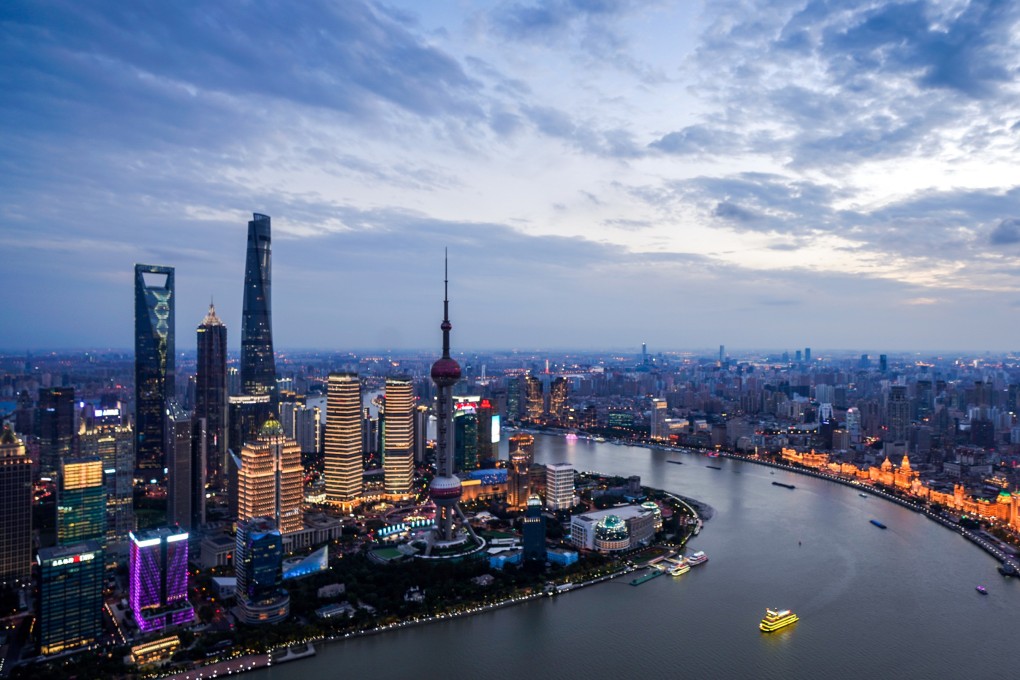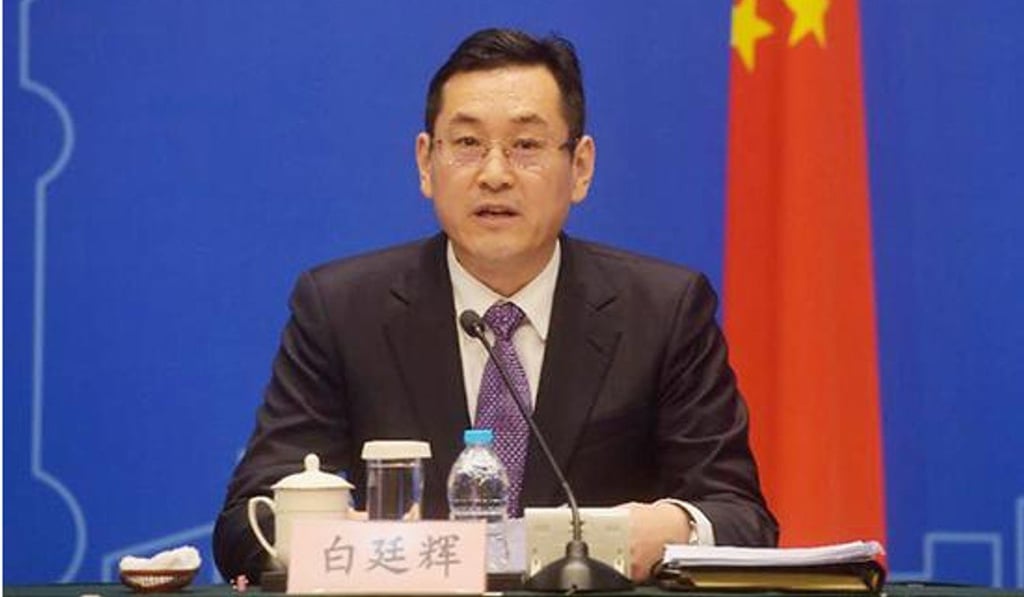Shanghai speeds up IPO process for government assets as city’s economy slows sharply
- Some of the 14 companies shortlisted to be taken public have started their application process
- Shanghai’s economic growth slowed to 5.9 per cent in the first half from 6.9 per cent a year earlier

Shanghai has stepped up the process to launch IPOs of 14 government-owned companies after the city reported lacklustre economic growth in the first half.
Bai Tinghui, head of Shanghai State-owned Assets Supervision and Administration Commission, said on Thursday that a drastic reform to modify the share structure and management style of these companies was under way as the city embarks on an ambitious plan to building a word-class free-trade port at Lingang.
“We are making plans for each of the 14 companies,” he said. “We need to accelerate the pace [for stock market listing] and strengthen efforts to enforce mixed-ownership.”
The companies shortlisted for the initial public offerings include Bright Food Group, the mainland’s second-largest food conglomerate, semiconductor maker Huahong Group and tourism services operator Jin Jiang International Holding.

Bai said that some of the 14 companies had kicked off the IPO process, filing applications to the China Securities Regulatory Commission.